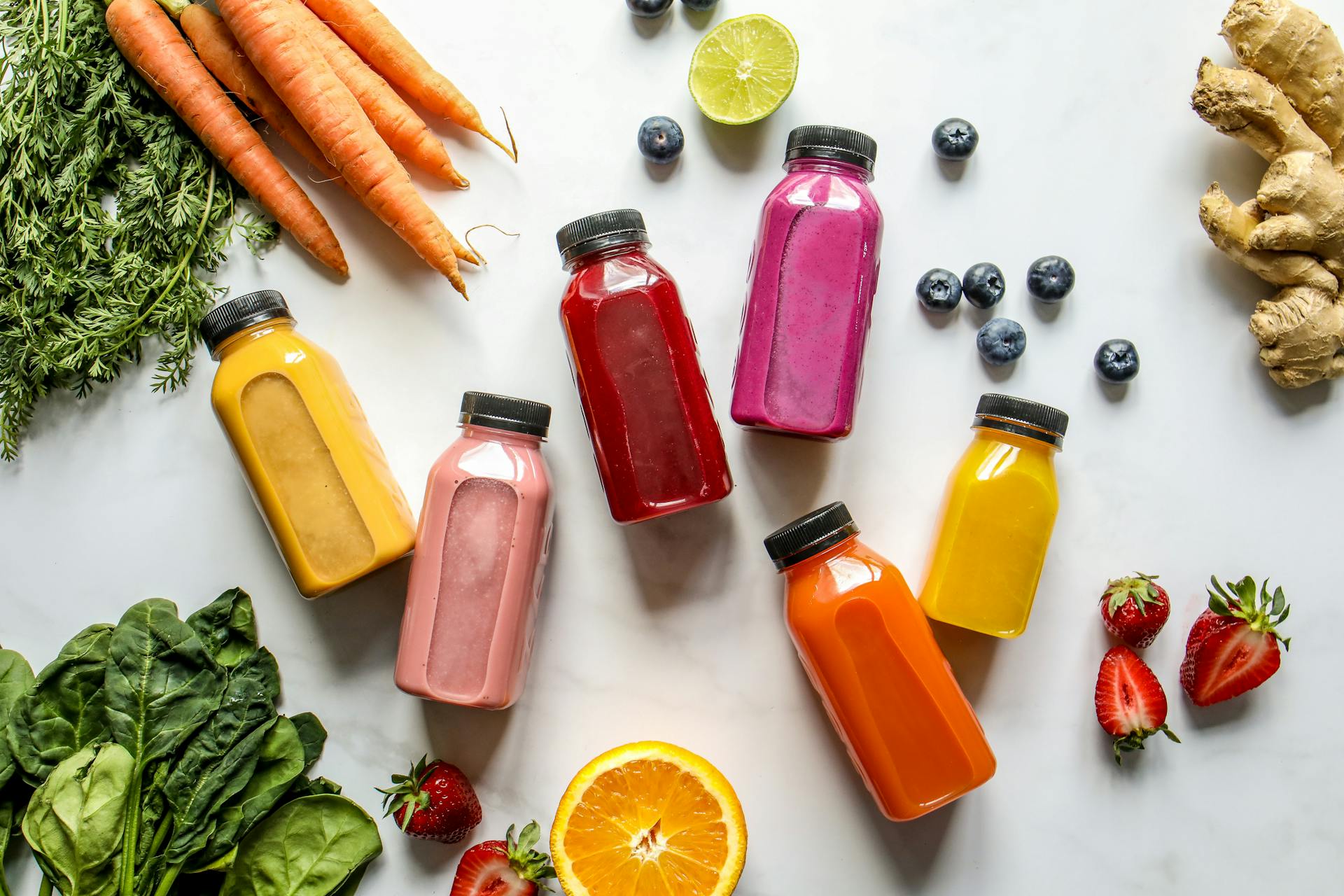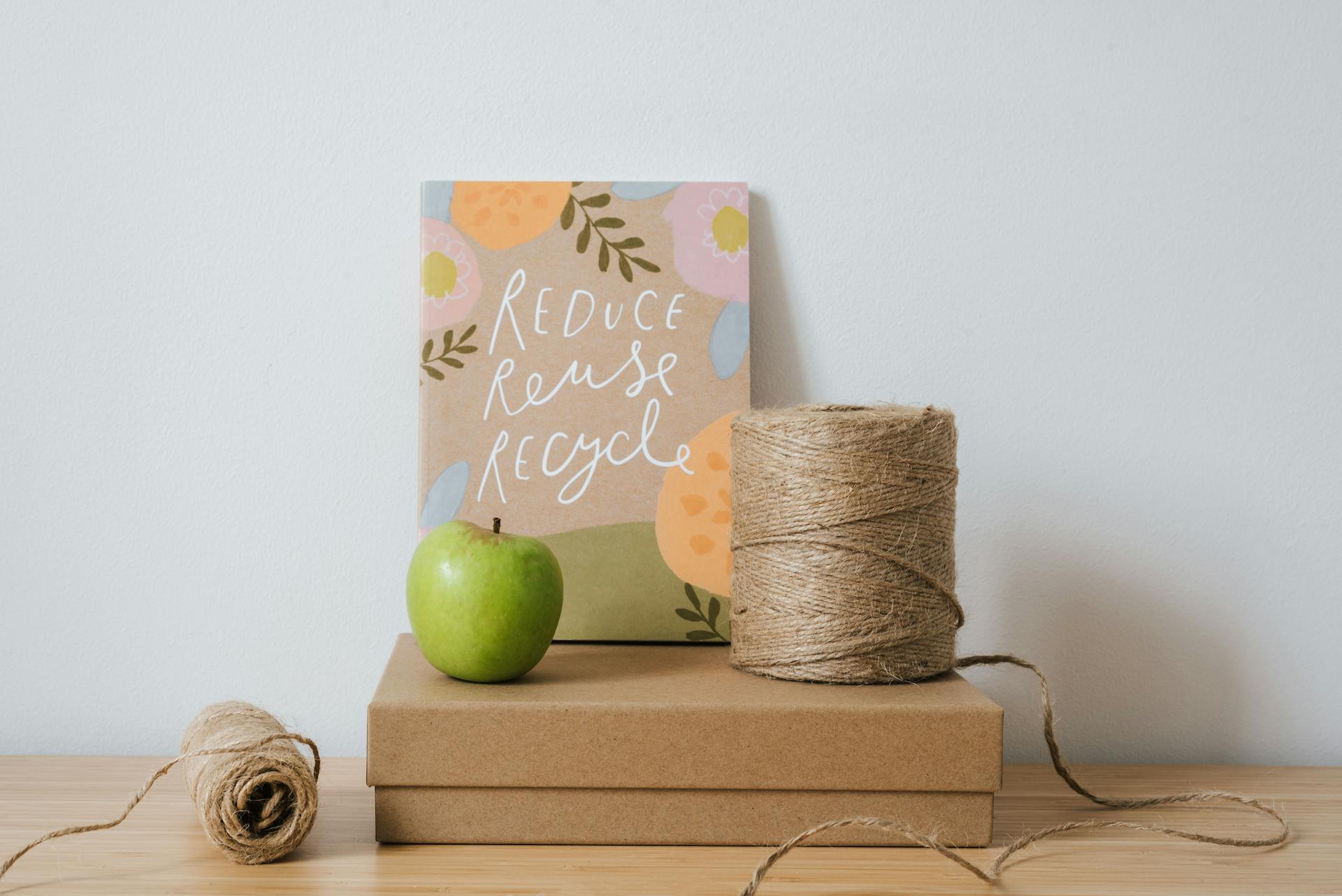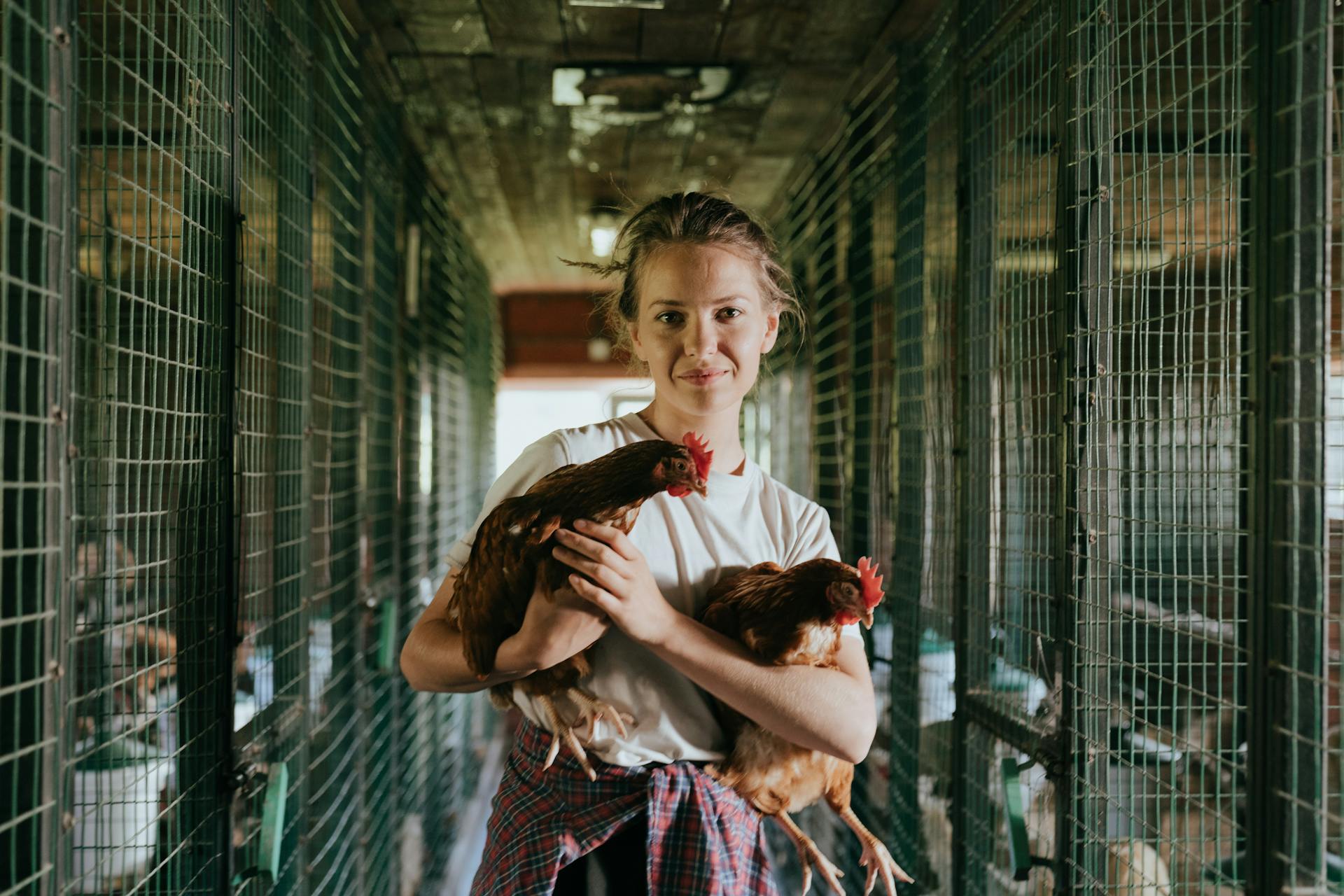
Are Crayola markers vegan and non-toxic? As we all head back to school and start thinking about our back-to-school routines, it's important to consider sustainable practices when buying eco-friendly school supplies. From sustainable backpacks to buying recycled binders and compostable notebooks, there are many ways we can make a positive impact on the environment.
But let's talk specifically about Crayola markers. Are they a sustainable company? Are Crayola markers vegan and non-toxic? At Eco Hub, we independently review products to help you make informed decisions before making a purchase. It's worth noting that this article may contain affiliate links, which means we could earn a small commission if you learn something new and decide to make a purchase through one of these links.
As one of the most recognizable brands in the market for coloring materials, Crayola has been around for over 100 years. With so much history behind them, it's no surprise that people are curious about whether or not their products align with their values as consumers who care about sustainability and ethical production practices alike. So, let's dive into whether or not crayola markers are vegan and non-toxic, as well as what else they're doing in terms of sustainability efforts!
Discover the Magic of Crayola: Unleashing Your Creativity!
Crayola is an art supply company based in Easton, Pennsylvania. Since the early 1900s, Crayolas has been a staple in the art supply world, offering tons of exciting and innovative products. One of their most popular products is Crayola markers. But are Crayola markers vegan? The word oleaginous means something containing or producing oil, and thankfully, Crayola markers do not contain any animal-derived ingredients.
Did you know that every year, Crayola produces 700 million markers and 135 million crayons? That's a lot of color! But with all those products comes a responsibility to the environment. Thankfully, corporate social responsibility is at the heart of Crayola's mission. They have implemented sustainable initiatives such as using solar power in their manufacturing plants to power 3000 American homes and their ColorCycle K-12 Marker Recovery Program which recovers plastic from used markers. Even amid the COVID-19 pandemic, Crayola offers a take-back program for plastic markers so that they can continue to be recycled through their sustainability programs.
Through responsibly grown forests and drastically reducing waste in their business operations, Crayola aims to make their impact on the planet as positive as possible while still unleashing creativity in people worldwide. So whether you prefer permanent markers or fun neon markers, rest assured that you can use them with peace of mind knowing that they are cruelty-free and eco-conscious. With so many options available from Crayola, there's no excuse not to unleash your creativity today!
What are Crayola markers made of?
Crayola markers are a popular art supply used by children and adults alike. The main components of Crayola markers include a plastic barrel, porous plastic nib, cotton filament ink reservoir, end plug, and plastic cap.
The color solution used in the markers is a trade secret, but it is known that the markers do not contain any animal-derived ingredients. This means that Crayola markers are vegan-friendly! The porous plastic nib allows for smooth and consistent application of the ink, while the cotton filament ink reservoir holds enough ink to last for multiple uses. The end plug ensures that the ink remains securely inside the marker while in use, while the plastic cap protects the nib from drying out when not in use. Overall, Crayola markers are made with high-quality materials to ensure maximum performance and user satisfaction.
The Safety of Crayola Markers: Are they Toxic?
When it comes to the safety of crayola markers, there is good news. Independent teams have tested crayola markers and concluded that they meet industry quality standards. This means that crayola markers are not considered toxic substances, and any ingredients used in their production are in sufficient quantities that they won't harm the human body.
The exact ingredients used in crayola marker dyes can vary depending on the color, but generally, the marker ink contains a solvent resin to help it dry quickly. This solvent oftentimes isopropyl alcohol but is not harmful when used in small amounts. The marking ink for permanent markers may contain xylenes toxicity cyclic alkylene carbonates which can cause health problems if ingested or exposed to high levels over time. Dry erase marker chemicals also contain solvents which can be harmful if ingested or breathed in large amounts.
Overall, this is great news for those who love using crayola markers! They're safe to use and don't contain any toxic substances. However, as with any art supply or household item, it's important to use them properly and keep them out of reach of children. Always read the label and follow guidelines for use to ensure your safety and the safety of others around you.
Discover Whether Crayola Makers Use Vegan Ingredients?

If you're concerned about the ingredients in your crayola markers, you may wonder whether or not they are vegan. Crayola confirms that their markers are made with pigments derived from a variety of sources, including synthetic materials and natural ones like vegetables and minerals. However, some red pigment derived from cochineal bugs or bone char from animal blood may be present in some of their products. To be sure that you're avoiding animal byproducts, it's recommended to stick with certified cruelty-free brands offering vegan markers options.
Do Crayola Markers Meet Animal-Friendly Standards?

While it is true that Crayola markers do not contain animal products, it is important to consider the ethical implications of using them. By supporting a company that indirectly supports the commercial meat industry through their parent company's investments, we may be inadvertently contributing to animal cruelty. It is important to mind Crayola's impact on the environment and animals when making ethical purchasing decisions.
Discover the Truth About the Safety of Crayola Markers

If you have ever used crayola markers, you might be wondering if they are safe to use. According to independent toxicologists, crayola products like their markers and even their silly putty are likewise non-toxic. However, if inhaled crayola markers can cause some stomach problems. Overall, it is safe to say that crayola markers are a great tool for kids and adults alike to express their creativity without worrying about harmful chemicals.
What are some alternatives to Crayola markers?

Alternative markers to Crayola can be found in various sustainable art supplies. While Crayola is not considered vegan due to some of their colorants, there are several other options available that are animal-free. Some of my personal favorites include Tombow Dual Brush Pens and Arteza Real Brush Pens, as they offer a wide range of colors and won't break the bank. Opting for eco-friendly options like refillable markers or markers made from recycled materials is also a great choice for those looking to reduce waste. Whatever you do, steer clear of low-quality markers as they will likely be the worst option for both the environment and your artwork.
About Crayola Markers

Crayola is one of the oldest companies started by two men named Edwin Binney and Charles Harold Smith in New York City in 1885. Crayola's crayon brand quickly became popular for its bright colors and quality art supplies, making it one of the most recognizable names in the industry. Over the years, Crayola eventually branched out into other areas, including paints, markers, ink colors, and everything related to art supplies.
Crayons and markers are some of the most popular art materials used by children and adults alike. Crayola markers have been a staple in classrooms, coloring books, paper goods, crafts kits, and many more for generations. Their markers come in a variety of shapes and sizes that cater to different needs, including washable markers that make cleaning up messes easier.
When it comes to veganism, people often ask if Crayola markers are vegan-friendly. While most of their products are cruelty-free and do not contain animal-derived ingredients like beeswax or carmine (a red pigment made from crushed beetles), some may contain animal-based additives like stearic acid or glycerin. Therefore it is essential to check the product labeling before purchasing any marker or any other art supplies.
Discovering the Use of Animal Fat in Crayola Markers
Many people wonder if crayola markers are vegan. The answer is no, as they use animal-derived products in their manufacturing process. Specifically, stearic acid, which is derived from animal fat, is used to make crayola marker dyes stick to surfaces.
This may come as a surprise to some people who assume that all art supplies are made with plant-based materials. However, the reality is that many colored pencils and water-based dye products also contain animal-derived ingredients. It's important for consumers to do their research and read labels carefully if they want to avoid using products that include animal byproducts in their formulas. In conclusion, while it's disappointing for some vegans or eco-conscious individuals, knowing what makes crayola markers stick and achieve their vibrant colors shows how these products are manufactured and can help them make more informed purchasing decisions.
Frequently Asked Questions
Is Crayola ink edible?
No, Crayola ink is not edible and should not be consumed. It is made of non-toxic materials but is not intended for ingestion.
Are crayons vegan?
No, crayons are not typically vegan as they may contain animal-derived ingredients such as beeswax or stearic acid. However, there are some brands that offer vegan crayon options made with plant-based waxes.
What are the ingredients in Crayola markers?
Crayola markers contain water, colorants, glycerin, and preservatives.
Are markers vegan?
Markers can be vegan or non-vegan depending on the ingredients used to make them. Some markers use animal-derived substances such as shellac or bone char, while others are made from plant-based materials and are therefore vegan-friendly.
Featured Images: pexels.com


